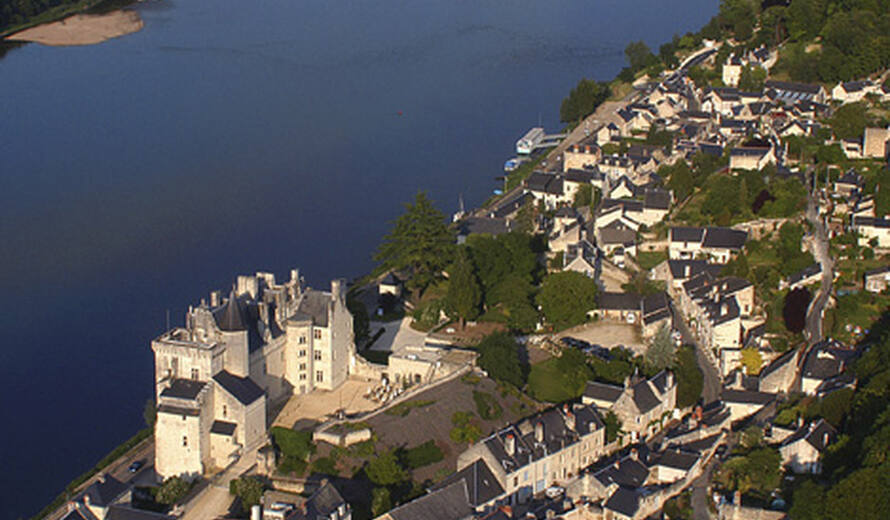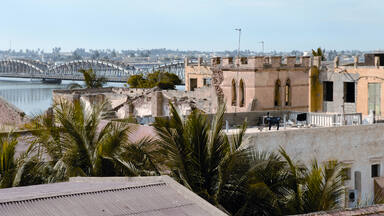"Rivers and heritage" UNESCO Chair created
On 6th May 2013, the creation of a “Rivers and heritage” UNESCO Chair was approved by UNESCO.
This project stems from a partnership between the University François Rabelais in Tours (France), the University of Angers (France) and the Mission Val de Loire which is the management body of the Val de Loire site World Heritage site. The creation of a UNESCO chair is part of the Region Centre and the Pays de la Loire‘s policy to sustain territorial attractiveness and knowledge sharing and know how sharing in managing river corridors and valleys. It is part of the Region Pays de la Loire’s action plan for the Loire river and its estuary.
The UNESCO Chair was developed with the technical support of France UNESCO cooperation agreement within the framework of the Rivers and Heritage initiative.
The UNESCO Chair will associate sciences of nature and societies to promote intersectorial studies and training activities on rivers and river landscapes as heritage for mankind, biodiversity tanks and places of cultural convergence. The goal is to create an international movement thanks to a North/South exchange of experiences between universities and management organization in Europe, South America, Africa and Asia.
Research would focus on (a) ecologic performance of the river systems under the influence of planning techniques and with (b) landscapes as the outcome of the continuous interactions between societies and their environment. The acquired knowledge will constitute a base for skills transfer to planners and managers, in sustainable management of natural resources, preservation of biodiversity and valorization of landscapes. Activities include Master level training, workshops, scientific exchange programs, and development of scientific studies and sharing of results (publications, website, guides).
The university departments which are more precisely involved in this project are the department of Engineering of Aquatic Environment and River Territories (Ingénierie des Milieux Aquatiques et des Territoires Fluviaux) in the University of Tours, the Geographic department, and the Environmental studies of Anthropic systems Laboratory (le Laboratoire d’Etudes Environnementales des Systèmes Anthropisés) in the University of Angers.

